I love photography! It has always been a passion of mine, and it is a rare occurrence for me to leave home without my camera. If I do and a photo-op arises, I tend to rely on my iPhone, which admittedly can also take amazing photographs. Ultimately photography is something that makes me happy, and it is a great creative outlet.
A few years back I wrote a post featuring My Top Photography Tips, which readers found very interesting! I thought I would revisit the topic because I know there are many amateur photographers and bloggers, who could benefit from these tips!
Let me begin by saying I am not an expert or a professionally trained photographer but this has not stopped me learning all I can, in the attempt to hone my craft. I have gained so much over the past few years, so I thought I would share my Top 5 Ways to Become a Better Photographer, with you.
5 Ways to Become a Better Photographer
Equipment is Key
Spending money on quality photographic equipment is a priority, especially when you are starting out. This does not mean you should break the bank, especially if you are a beginner! Start with the basics but get it right. Always do your research and ask questions before you buy new equipment. I chose a Nikon D40x, as my first “real camera” {I recently upgraded to a Nikon D700 body}. A brand choice, like politics and religion, comes down to personal preference.
Once you have invested in a good camera body, you can add to it and build your kit. It is great to have a few lenses in your kit, which one you use most often is usually determined the type of photographs you wish to take. I have a kit lens, which came with my Nikon when I purchased it, this is the lens I hardly ever use. I also have a 55-200mm zoom lens, but the lens I use most often is my prime lens, 35mm f/1:18.G.(which is great for low-light or indoor shots). The prime lens was reasonably inexpensive but takes the most impressive shots of food and close-ups of products, with great Bokeh effects – perfect for my blog reviews and features.
Which lenses you buy is most often determined by the type of photography you choose to do. A great website which features equipment reviews, plus great advice when it comes to choosing the correct equipment is Ken Rockwell. If you are still unsure, get some professional advice.
Knowledge is Power
Most people who own a digital camera never take it off auto function, but this is usually because they are too scared to experiment. Do not be afraid, take your camera off auto function and experiment. Doing a camera course would probably be the best way to learn, but as I have limited spare time, most of what I have learnt is self-taught or Googled.
It is always handy to have your camera manual on hand when trying out the different functions. The main thing is to try, you may have to take 100 photos to get the perfect one, but that is the joy of digital photography. Once you have a perfect shot, simply delete the photographs you do not want. I have also included this “cheat-sheet” from Pretty Presets, another great website, which you can download here.
Learn How to Use Natural Lighting
There are many accessories, which can assist you in creating the best environment for taking your photographs. This is especially true when it comes to lighting, but in my opinion, nothing beats natural light. Learn how to use natural light to your advantage, particularly when it comes to food photography. Use light streaming in through a window to enhance colour and capture a more natural shot of your subject.
The images of limes above and below were taken in the same place, at the same time, using the same setting on my camera. The only difference is that in the image above, the blind is closed, and below I tilted it open. You can see the difference good lighting can make a picture. {Settings used: Shutter Priority f1.8 at 1/100 ISO 100}
Explore Your Creativity
Photography, in my opinion, is an art form and can be the most amazing creative outlet. Everyone has their own style and interpretation, so do not be afraid to explore the creative side of photography.
Something I have learnt along the way, is to play with colour, use it to enhance your shot and create depth in your image. As well as using colour to create great images, taking photographs from different perspectives and varying your subject matter can make your photographs more interesting.

Using different lenses and filters can create amazing images but if you do not have the budget for fancy equipment, then editing software can do the job. This is one of those fairly controversial topics, and I know that some people take Photoshop a bit too far, but I feel that editing software definitely has its place in the industry. I am not saying that you should take a photograph and edit it to within an inch of its life. Instead, use these tools to enhance what is already there. Much like makeup – sometimes you may not need much or any at all, but other times just a touch makes all the difference!
Some of the editing software that I have found useful is Photoshop Elements and Picmonkey. Software such as Photoshop you will need to purchase, which means an initial cash outlay but if you are serious about photography, it is definitely worth it. As I mentioned previously the Pretty Presets website has helpful editing trips, and Lightroom presets, for you to download. Most importantly remember to have fun, photography is an art form and art should be fun!
Practice Makes Perfect
Like most other skill-sets, becoming a better Photographer takes practice. This can mean many hours capturing the same subject until you get the shot you want. Naturally, as you gain more confidence and knowledge you will get better but don’t stop trying!
Most of my photography features food and wine or will be product related, for my website. I do enjoy this aspect of what I do, and I love styling shots. This, however, is not my first love – I love capturing nature and take advantage of doing so when we go away.
On a recent trip to the Hemel en Aarde Valley, I had fun getting up close and personal with a few Nguni cows – this young calf was somewhat playful and curious. I could not resist sharing these images with you!
I hope you have found these tips useful – if you have please share this article on social media {use the share buttons below} Please let me know if you like the post and would like me to do more posts on the subject! Also if you have any questions, please leave a comment below.
For great photographic equipment and advice, these are my top suppliers: Orms Direct and Exposure Gallery.
Disclaimer: This post is not sponsored. All views and opinions are my own.
Images: ©Inspired Living
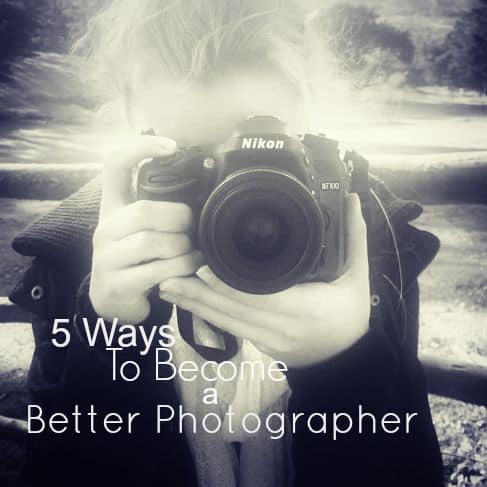
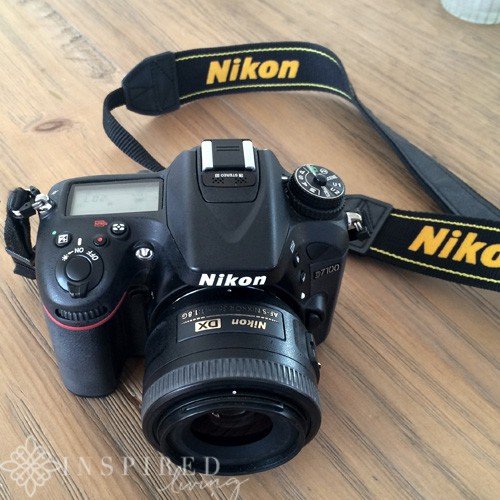
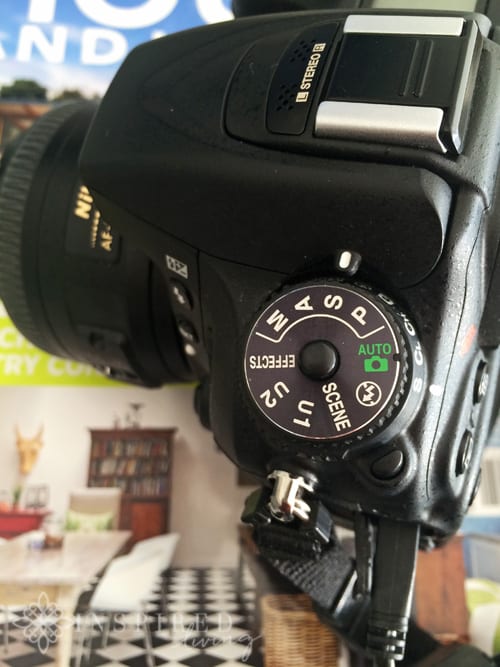
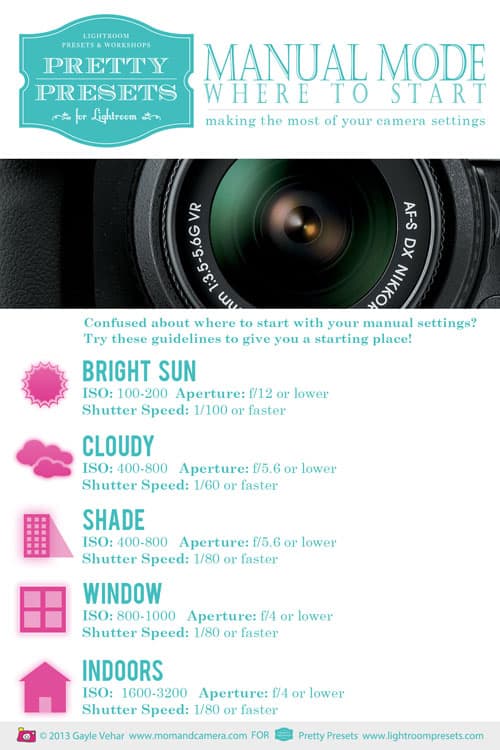
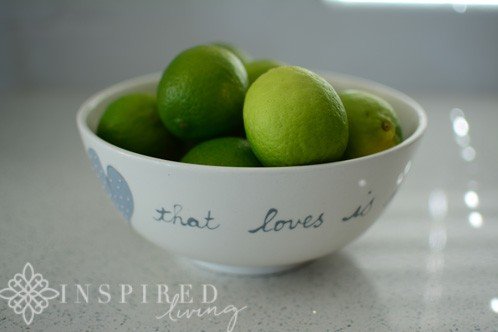



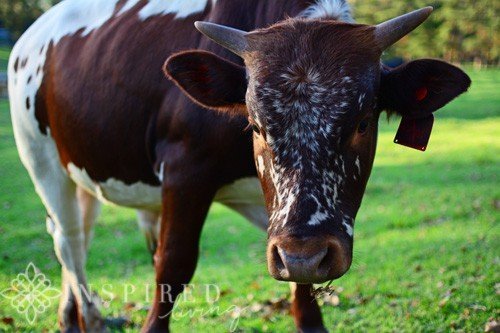
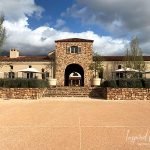
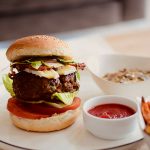
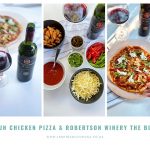
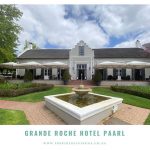

Thanks for sharing these excellent tips. Really useful advice.
To those studying photography and especially those working in digital I would highly recommend a recent book series from Hugh Lawton.
Photography in the Digital Age (http://www.manzanita-ent.com).
An absolutely essential resource for the amateur or serious photographer with excellent advice throughout. I have found myself coming back to these books time and time again since I picked them up last month and my work has been hugely improved.